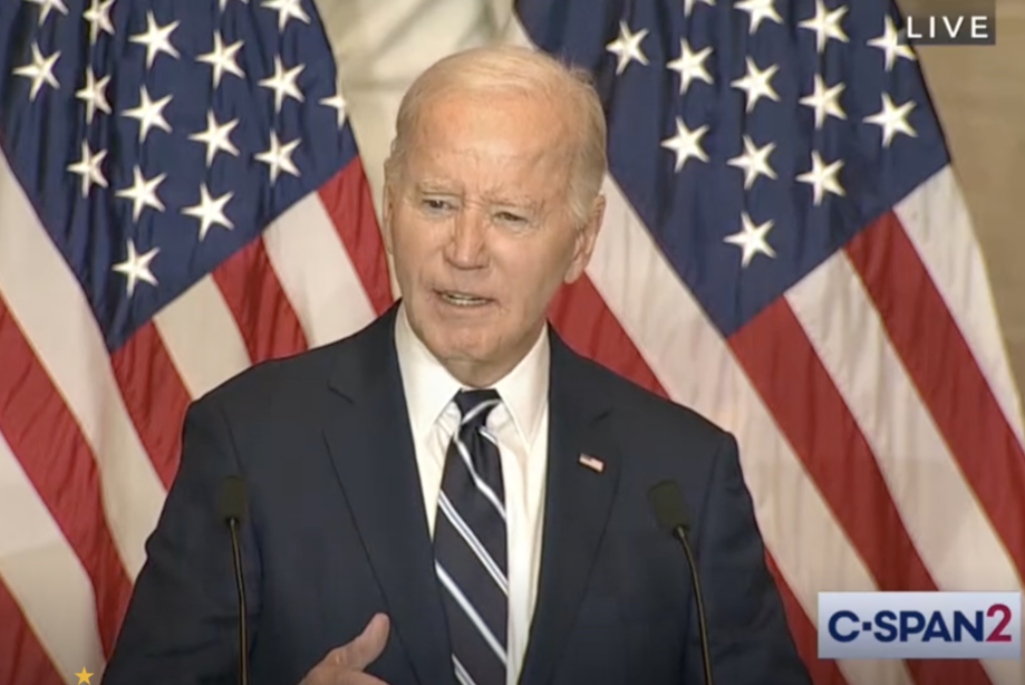Sometimes the biggest church fights have nothing to do with budgets or buildings.
It’s the fight against the constant pull that tugs God’s people away from prayer.
“I always tell my people that there’s a current to pull the church away from prayer,” said Ed Rose, senior pastor of Central Baptist Church in Wendell, N.C. “It’s a real spiritual fight.”
Rose says he has emphasized prayer since he became Central Baptist’s senior pastor in 2000, but he can recount many times where his focus has drifted.
“I’ve got to learn to say no to things, because I think this is the biggest thing about prayer. There’s always more ministry to do than you can do,” Rose said. “So, I think my testimony would be, there’s been times when I drifted away from being as focused on prayer. You kind of feel like you have no other choice because there are these other things to do.”
Rose says his sabbatical last summer helped him to restructure his priorities. He noted much good in his ministry—but also noted lacking focus on what was best, namely prayer.
“During that sabbatical, God just really pressed down on my heart to come back, and to try to foster and navigate and create a culture of desperate prayer,” Rose said. “Going beyond ordinary prayer, prayer that would really unite people in seeking God’s presence, and praying for a gospel movement of His Spirit that would result in the revival of a local church.”
When Rose returned, he began a pastor’s prayer team right away. He currently has about 35 people committed to praying regularly for his ministry. Every month he sends around a sheet of personal and church-wide prayer requests. He says he wanted this group to provide a covering for his ministry as he began to lead out through prayer.
The church has also implemented what they call their House of Prayer ministry. Central Baptist remodeled its chapel as a “prayer chapel.” The chapel has four prayer stations—silence and solitude, praise and thanksgiving, petitions and intercessions, and reflection and action. These stations include opportunities for the congregation to pray for missionaries and church staff, and also write out what the Holy Spirit is saying to them as they have prayed.
Currently, the church has 20 people committed to pray an hour a week. Rose would like to see that number get to 100.
Rose also points to new examples of corporate prayer. For example, he says the church regularly prays scripture during worship, which is a practice he picked up from Daniel Henderson of Strategic Renewal.
“It’s scripture-fed, Spirit-led prayer,” Rose said. “So, we’re praying from the scripture, but being led of the Spirit.”
During this year’s Vacation Bible School, Rose led a time of prayer during the teaching. They also plan on handing out wristbands to remind the congregation to pray for the youth during camp this year.
“It’s about giving people an opportunity to step into this very important prayer ministry,” Rose said.
Often, Rose says, people don’t get involved in prayer ministries because they don’t feel equipped. He is trying to provide regular opportunities for orientation and training for prayer involvement.
Small groups and personal invites are key parts of the church’s enlistment plan for its prayer ministries.
“I believe the best way to enlist people is with personal enlistment. Everyone, especially our staff, our elders, our deacons, they have influence with people. So, we encourage our leaders to personally enlist and encourage prayer,” Rose said.
Pastoral modeling is critical to the flourishing of a church’s prayer ministry, according to Rose.
“I don’t think there’s any other way that this goes forward in your church,” Rose said. “I think the current is so against prayer. There is a spiritual war against it. Prayer is caught more than it’s taught. Number one, I’ve just learned, is that I have to lead this in the church. I have to be the one really leading the charge.”
Rose says the fruit of a more prayerful church is that he can now operate from a place of peace.
“I feel like that I’m doing what God has called me to do as a pastor, to be primarily doing the ministry of the Word and prayer,” Rose said. “Whereas before, I would say, I lacked peace. Quite frankly, before my sabbatical, I was close to burnout. What I realized is that we just kind of run at this unsustainable pace in ministry, which all the events of ministry can do. But the answer is a sustainable pace.
“The answer is not a sabbatical. It is not 12 weeks off, because if you embrace the unsustainable pace and ministry, you’re right back where you started. By focusing on clarifying my priorities, by establishing what matters most, I’m more strategic, and I feel at peace that I’m doing the things that are most important.”
(EDITOR’S NOTE – Tobin Perry is a freelance writer with more than 20 years of writing experience with Southern Baptist organizations. He can be reached at TobinPerry.com)


